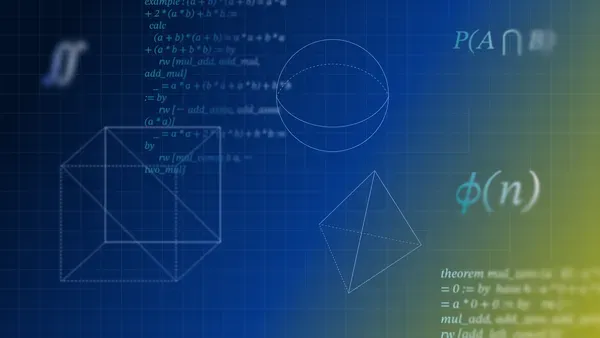President Trump just signed Technology Prosperity Deals with Japan and South Korea that could reshape the global tech landscape. The agreements target AI, semiconductors, quantum computing, biotech, space, and 6G technologies - part of a broader strategy to reduce dependence on China's tech supply chain while locking in strategic partnerships with America's closest Asian allies.
President Trump's Asian diplomatic tour just delivered what might be the most significant tech policy shift since the CHIPS Act. The Technology Prosperity Deals signed with Japan and South Korea aren't just handshake agreements - they're a calculated play to reshape the global technology supply chain and counter China's growing influence in critical emerging technologies.
The timing couldn't be more strategic. These deals follow roughly a month after the US strengthened similar tech ties with the UK, creating a web of allied partnerships that span the globe's most advanced tech economies.
The US is essentially locking in access to Japan's world-leading expertise in advanced materials, robotics, and space technologies, while tapping into South Korea's dominance in memory chip production. It's a smart diversification play that reduces America's reliance on any single supply chain - especially China's.
"Japan and the U.S. plan to advance pro-innovation AI policy frameworks and initiatives to support a U.S.- and Japan-led AI ecosystem," according to a White House press release. The language is diplomatic, but the implications are clear: America and its allies are building their own tech ecosystem, complete with aligned standards and coordinated export policies.
The Korea deal focuses on something equally crucial - removing operational barriers for tech companies. The agreement specifically targets "innovative data localization and hosting architectures," which could be a game-changer for American cloud providers and AI companies trying to expand in Asian markets. These operational headaches have long frustrated Silicon Valley executives trying to navigate Asia's complex regulatory landscape.
But perhaps the most telling detail lies in the export control coordination. "The U.S.-Korea TPD will advance American interests with coordinated U.S.-Republic of Korea AI exports, strengthening both countries' export controls and enforcement," the . This isn't just about trade - it's about creating a unified front on which technologies get shared with which countries.












